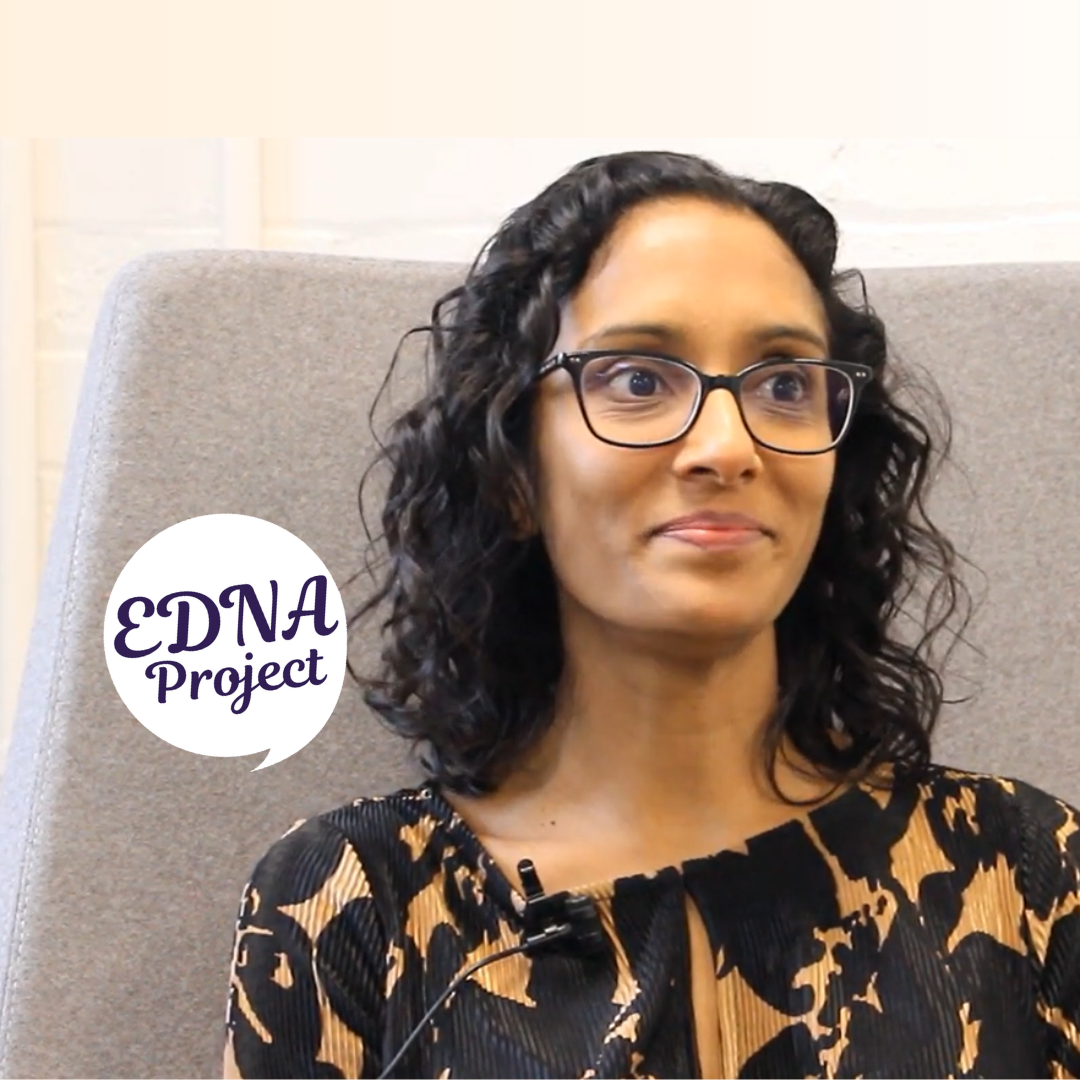Common concerns
Will I feel like a ‘real’ dad if the child isn’t genetically mine?
Alongside the excitement, there can sometimes be anxiety from the non-biological dad that they won’t feel, or be recognised, as a ‘real’ dad. Perhaps you’re anxious that your family or wider circle will feel differently about the child depending on who they are genetically related to and who they aren’t. These are understandable worries, after all you’ve probably thought seriously about whose sperm to use and why and we know most people (gay or straight) would ideally like a child from their own eggs or sperm.
Having said that, it’s clear from families we see all around us that genetic connections are not what make a family. But building confidence in being a parent can sometimes take time.
Fears around not being a ‘real’ dad are not uncommon, just as heterosexual couples using sperm or egg donation can wonder if the non-genetic parent will have the same status as their partner. There are obviously many, many aspects of being a parent. One is the genetic connection and the word ‘real’ can be used in that context. But the active role of parenting, providing a home, love, care and attention is a huge component and happens every minute of every day. In that sense, you’ll be just as ‘real’ a parent as your partner.
It’s really worth talking it through with your partner and a counsellor if you feel the issue is weighing heavily on your mind. Most clinics offer implications counselling and that can be a very valuable space for exploring any of the more difficult issues that come up.
In terms of sharing the information, people in your family and outside your family, as well as your child, may be curious to know those details. They will have their own feelings around the importance (or lack of importance) of those genetic connections, but those feelings often change as babies turn into little people and real relationships build. At that point, although the genetics may still be relevant they rarely feature as the most prominent part of that relationship.
How will our child feel not having a mum in the family?
Children are different. Some seem to barely notice that they don’t have a mum and rarely ask questions. Other children may express sadness about not having a mum and that can be difficult to hear sometimes. If you have a close relationship with your own mum you may also feel some sadness that your child won’t experience that particular familial relationship.
As with so much parenting, the important thing is to make sure you keep your own feelings and needs separate from your child’s and you do your best to create a warm, open environment where your child feels safe and comfortable to express difficult things. For a child, being able to express difficult feelings is a good sign. Being prepared and thinking about how you might answer questions about ‘mum’, either from your child or from others, can be helpful. It probably will come up at some point, so it’s better to think about it ahead of time and not be caught unprepared. We have resources and support around that so do have a look at our books and member services.
There can be an assumption that any question or comment from people outside the family about ‘mum’ is either an attack or criticism. It might be that, of course, but in our experience those kinds of questions mostly come from curiosity and interest, a wish to connect, or perhaps just a default to the ‘norm’ of mum and dad families, rather than any hostility. Sometimes comments are worded clumsily or insensitively, but other people are playing a catch up game to understand something that you’ve probably been considering and exploring for months or years. Try to hear the intention behind the words and use the conversation as an opportunity to engage.
You might want to have a look at the section on ‘Making the Decision’ too, as this explores more about the feelings that can come up. And, of course, consider joining our Network to connect with others and get support. It’s exactly what we’re here for, after all.


